What Type Of Rv Is Best For You?
Expert explains the different types of motor homes and travel trailers
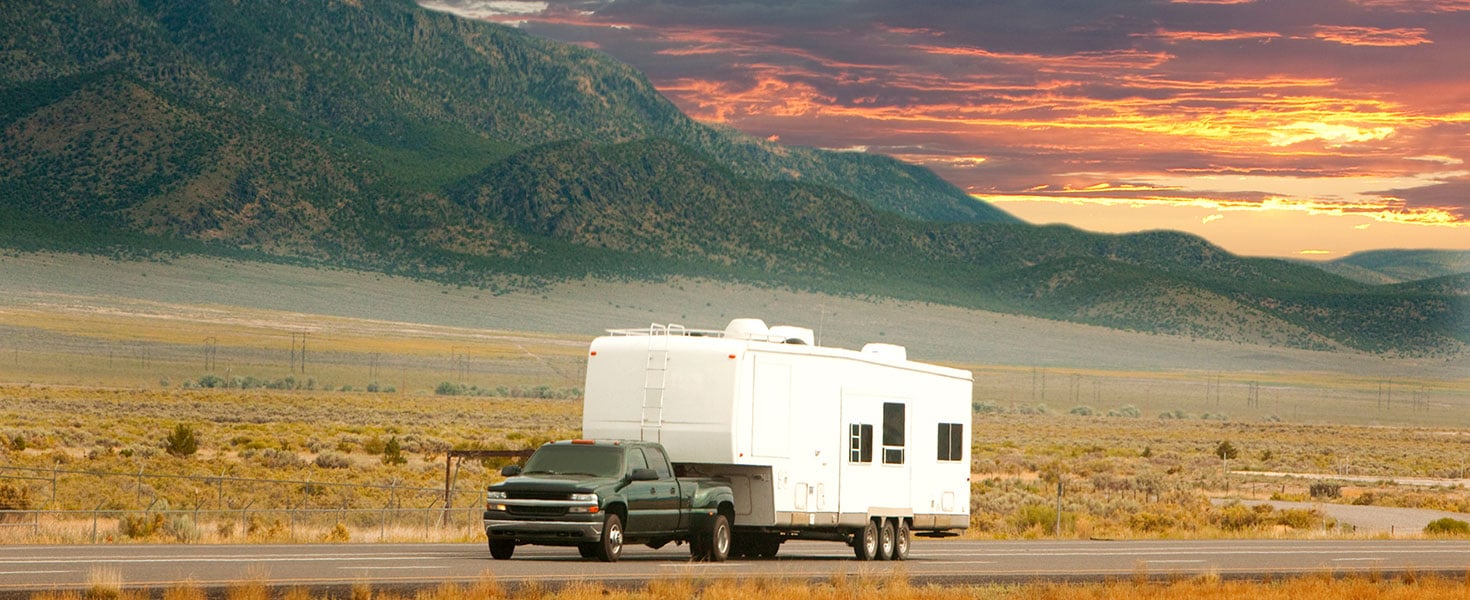

With recreational vehicle (RV) travel continuing to surge in popularity, many travelers are looking to rent or buy an RV for their road trip adventures. They make for a perfect home on wheels, with most offering all of the comforts at home. Since bathrooms, bedrooms, and kitchens can be found in most models, RVs eliminate the need to unpack each night in a hotel. But if you're a first-time RVer, what type of RV might be right for you? Let's break down the basics of RVing.
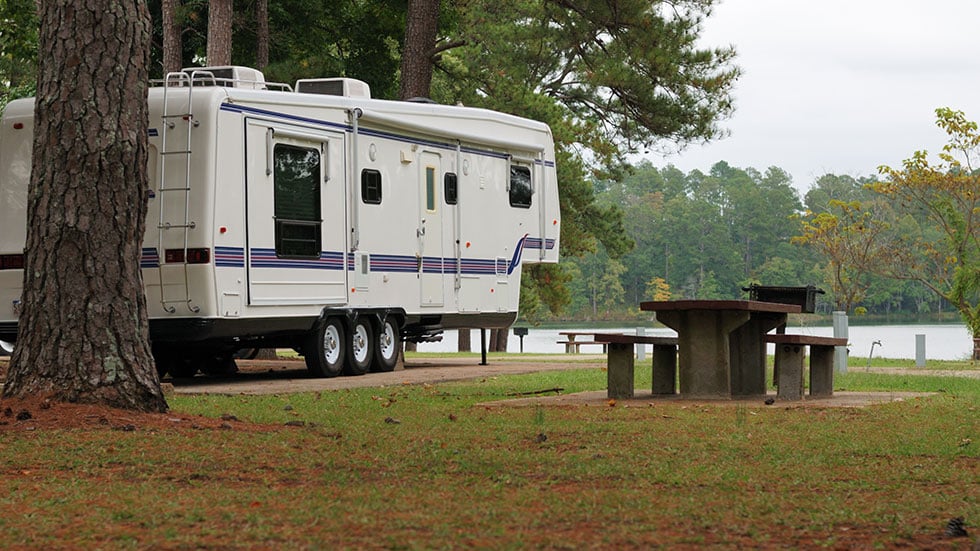
The two basic RV types
According to Brenda Hunsberger, Senior Vice President of Travel Services at AAA, there are two types of RVs.
"There is the kind that you drive, called motor homes," says Hunsberger, "and the kind that you tow entirely behind another vehicle.”
Many factors go into picking the right RV but knowing if your vehicle’s towing capabilities will quickly help you decide between a motor home or travel trailer.
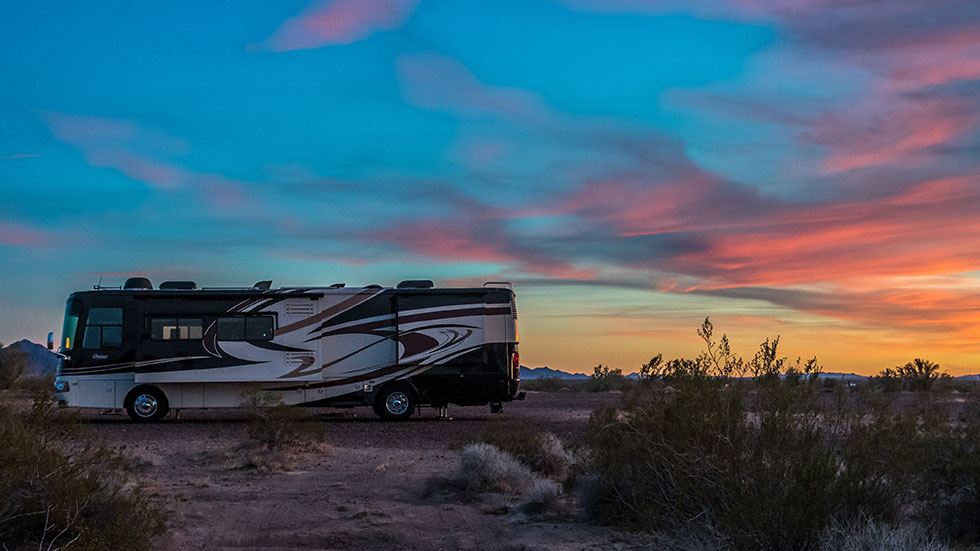
The different classes of motor homes
There are three distinct types of motor homes, according to Hunsberger.
Class A motor homes are distinguished by their flat front and can be gas-powered or diesel. They tend to be larger vehicles built on the chassis of a bus, ranging in lengths from 27 to 45 feet. Many have luxurious amenities, including outdoor entertainment setups and onboard laundry.
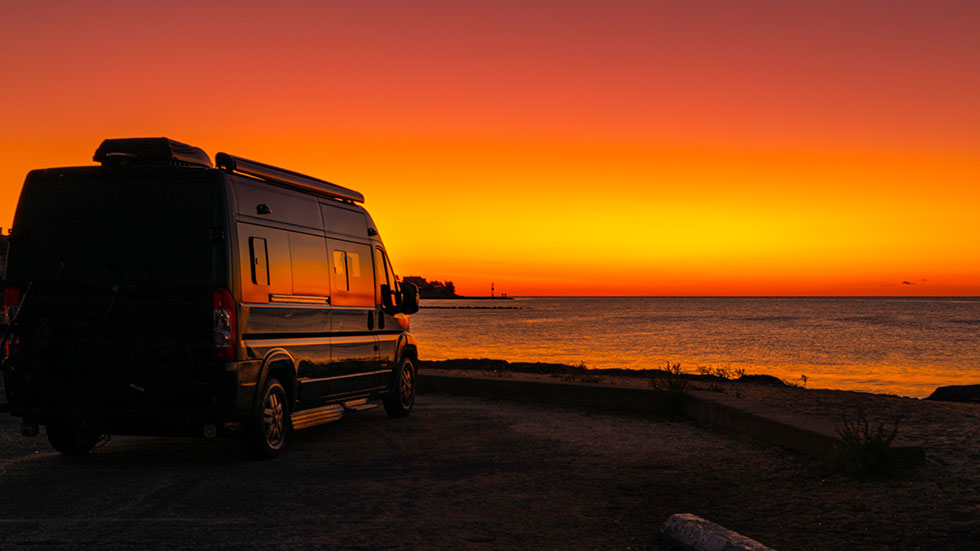
Class B motor homes are great options for beginners since they're built on the chassis of a sprinter van. Incredibly maneuverable, they have the basics anyone would need to go camping, including a small kitchen, bed, and toilet. For those who want the agility of a Class B motor home but want a bit more space, Class B Plus motor homes are built on the chassis of a box truck.
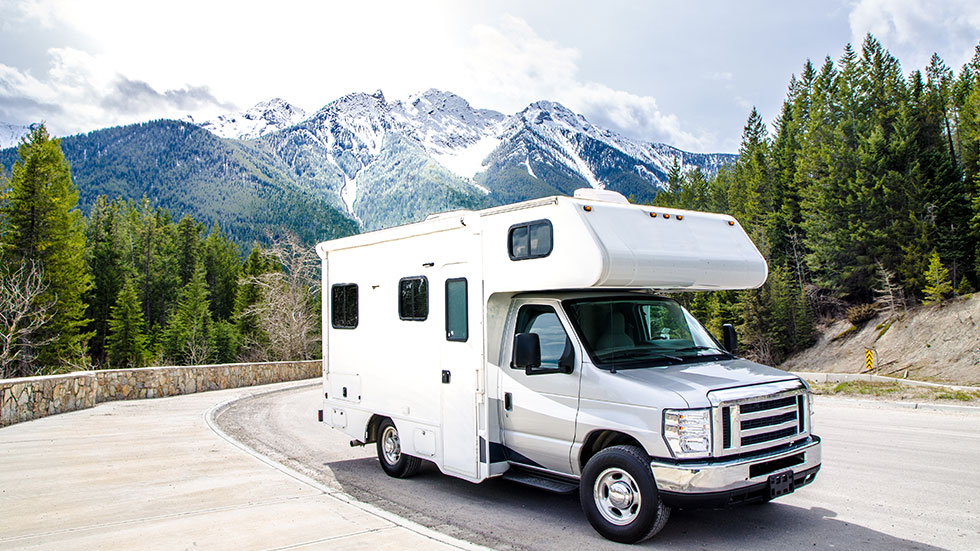
Class C motor homes are easily distinguished by the cab on the front of the rig that typically features a bump-out above it with extra storage or a bed. Incredibly popular for first-time renters, the size is close to a rental moving van – typically 27 to 35 feet in length. According to Hunsberger, Class C is a good choice for first-time RVers.
“Class C is a great choice because they’re smaller and easily maneuverable,” says Hunsberger. “It’s a comfortable and familiar drive.”
Regardless of the motor home class selected, models come in various styles and price points, depending on the bells and whistles added. If you’re considering buying an RV, Hunsberger recommends renting the motor home class you're considering before purchasing to make sure it's a good fit.
“[Renting] is a great opportunity to try it out and see if it’s for you and see how you feel about driving it,” says Hunsberger. “It’s easiest to get into campsites with a smaller vehicle, like a Class B or Class C. But once you get into the campsite, the larger the vehicle, the easier the hookups are because the hoses are larger and the space is larger.”
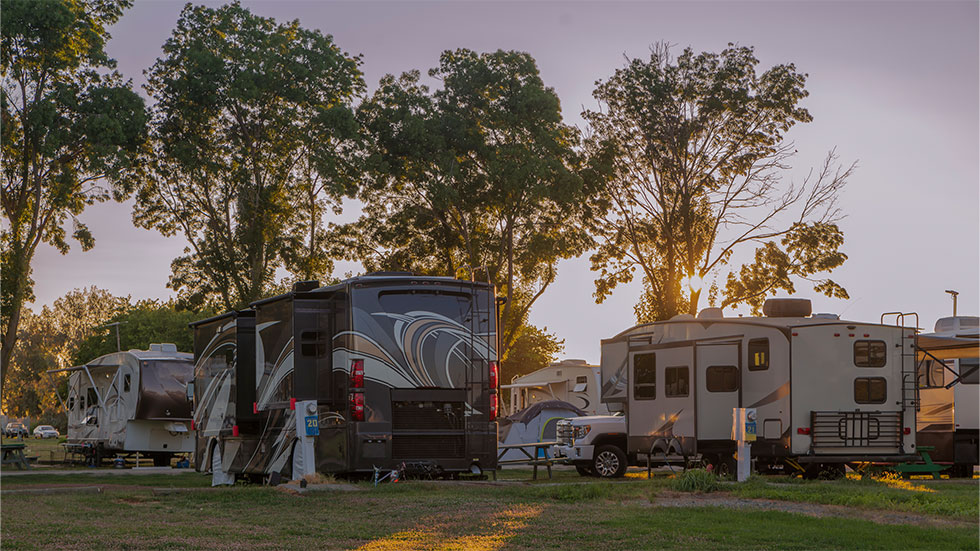
Gas versus diesel motor homes
Motor homes come with either a gas or diesel engine. According to Hunsberger, gas engines are easier to maintain.
"It's similar to truck maintenance, so you can take it to a dealer or a car repair shop that handles any kind of truck vehicle," says Hunsberger. "Gas is also great if you're going out for a couple of weekends a month and are going to be in relatively flat terrain."
Diesel engines are meant to be run more frequently and may get slightly better gas mileage.
"If you're going to be going up mountains or hills or going to be doing that cross-country trip, a diesel engine is a little better," notes Hunsberger. "[Diesel engines] require a bit more maintenance and are really meant to be run more."
Overall, the type of camping you're going to be doing will help decide what class of motor home will be best for your situation. If you're renting a motor home, Hunsberger has one piece of advice.
“It’s really critical to understand whether you’re renting a gas vehicle or diesel vehicle so that you get the right fuel in that engine,” says Hunsberger.
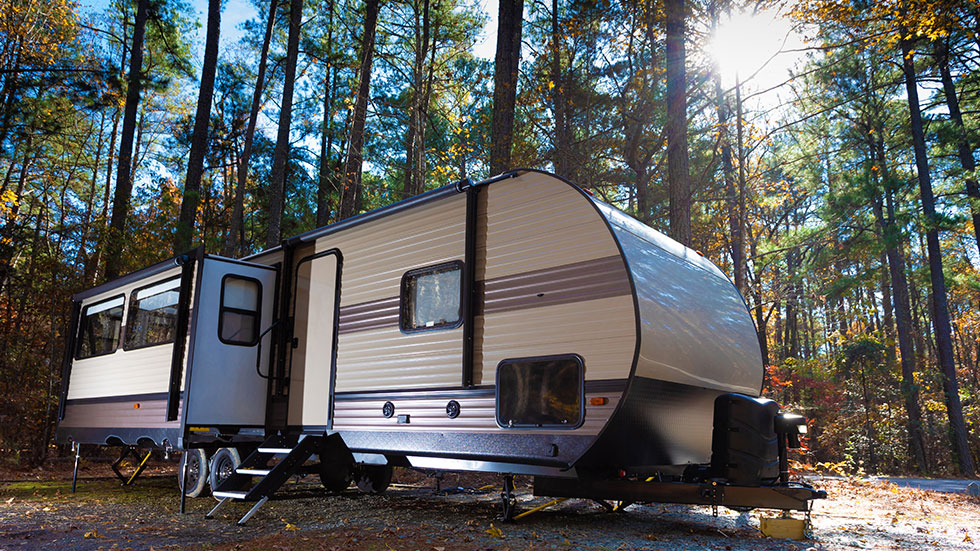
Travel trailer basics
There are two types of travel trailers perfect for outdoor adventures. A traditional travel trailer is entirely pulled behind another vehicle, meaning the vehicle towing the trailer must be equipped with a hitch.
A fifth wheel is the other travel trailer style, which is towed by a special hitch that sits in the bed of a pick-up truck. The fifth wheel fits over the truck's bed and tends to be one of the largest vehicles due to this added space.
For those looking to park a travel trailer for an extended period, Hunsberger notes that fifth wheels are a great option.
“Fifth wheels tend to be some of the largest RVs and can also be the most luxury because you get a tremendous amount of living space because you’re not taking up space in the vehicle for the engine,” says Hunsberger. “If you’re going to be in Florida or Arizona for the winter, it really gives you a comfortable living space.”
The bottom line
Hunsberger has one final piece of advice for anyone looking to get into RVing.
"I think people really need to understand the costs involved. Like any hobby, it can be done relatively inexpensively, but it can also get very expensive," says Hunsberger. "I think understanding what your budget is and planning accordingly is really important when you get into the RV experience."
